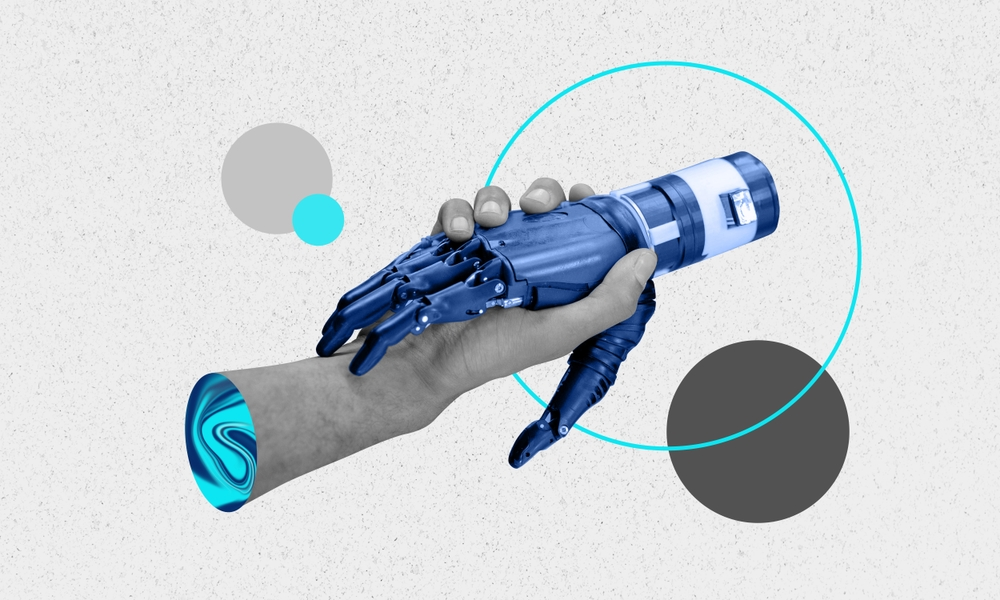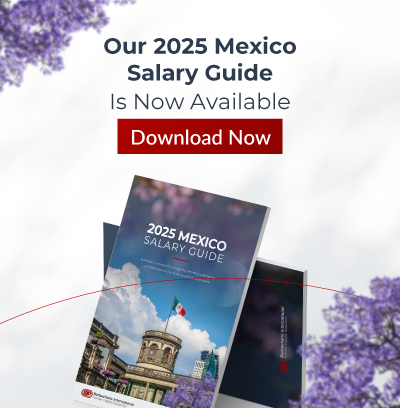
The Changing Face of Struggle
For many seasoned professionals, effort once meant long hours and manual tasks that tested endurance. For today’s younger workforce, effort often looks different: solving problems in new ways, being creative, and staying steady in the face of uncertainty. Artificial intelligence shifts that balance once again. What used to take days can now be done in minutes, and the line between smart efficiency and over-reliance is thinner than ever. The real question is not whether AI makes work easier, but how it will change the way we value effort.
From Sweat to Strategy: How Generations Define Effort
Every generation sees “hard work” through a different lens. For Baby Boomers and many Gen X leaders, it often meant long hours, manual processes, and proving resilience through persistence.
For Millennials and Gen Z, effort has a different meaning: being adaptable, finding creative solutions, and staying comfortable with ambiguity.
Neither view is wrong, but both are being reshaped by technology that strips away repetitive work and puts a higher value on human ingenuity. Throughout the Americas, these perspectives often meet inside the same organizations. Cultural expectations make the contrasts sharper. In some places, discipline and endurance are still the main measures of success. In others, agility and innovation matter more. AI does not erase these differences. It makes them impossible to ignore.
AI and the Rise of the Shortcut Culture
AI tools make it easy to skip the grind. Reports, presentations, or data summaries can now be produced in minutes with the right prompt. The efficiency is real, but so is the risk: if shortcuts become the norm, will employees lose the willingness to put in meaningful effort?
Younger professionals, especially those still building their careers, may rely too heavily on instant answers. But leadership is not shaped by quick fixes. It develops in the moments of wrestling with complexity, making difficult calls, and sharpening judgment. In cross-border environments, where leaders must align diverse teams and balance different cultural approaches to work, those qualities matter even more.
Redefining Productive Struggle
The most effective leaders already know that not all effort is equal. AI removes much of the “busy work” that once consumed time. That is not a loss. The opportunity is to redefine what meaningful struggle looks like today:
- Less manual repetition and more time spent interpreting, refining, and questioning AI outputs.
- Less technical grind and more focus on navigating uncertainty, leading diverse teams, and aligning technology with strategy.
- Less focus on shortcuts and more on discernment. Knowing when efficiency is helpful and when deeper effort is essential.
The future of work will not be measured by typing speed or the number of spreadsheets completed. It will be measured by the ability to challenge the machine, ask better questions, and apply human judgment where it matters most.
What Leaders Should Do Now
Executives cannot ignore the cultural shift AI has created. They must prepare for a workforce where effort looks very different than before. Practical steps include:
- Encourage problem ownership. Help employees see AI as a partner for sharper thinking, not a replacement for it.
- Reward resilience. Recognize persistence and adaptability, not just quick solutions.
- Teach discernment. Build confidence in employees’ judgment by training them to validate AI outputs.
- Preserve apprenticeship. Ensure younger professionals still gain discipline, patience, and critical thinking through real-world experience.
These are the skills that will separate shortcut takers from leaders who can thrive across borders and cultures.
The Future of Effort
AI is not removing struggle. It is simply changing what it looks like. The leaders of tomorrow will not be judged by the number of hours they spend on routine work, but by how they handle complexity, how they bring creativity to their decisions, and how they act when the answers are not obvious. Shortcut culture may be spreading, but strong leadership can keep it from creating a generation that avoids effort.
For companies, the opportunity is clear. AI should not just be about speed. It should give people the space to grow, to think, and to take on challenges that matter. Effort will still count, but it will show up in ways that build stronger people and stronger organizations.

By Fernando Ortiz-Barbachano
President & CEO of Barbachano International
Barbachano International (BIP) is the premier executive search and leadership advisory firm in the Americas with a focus on diversity & multicultural target markets. Since 1992, BIP and its affiliates have impacted the profitability of over 50% of Fortune 500 Companies. BIP has been recognized by Forbes as Americas’ Best Executive Search Firms and currently ranks #8 and #3 on the West Coast.

